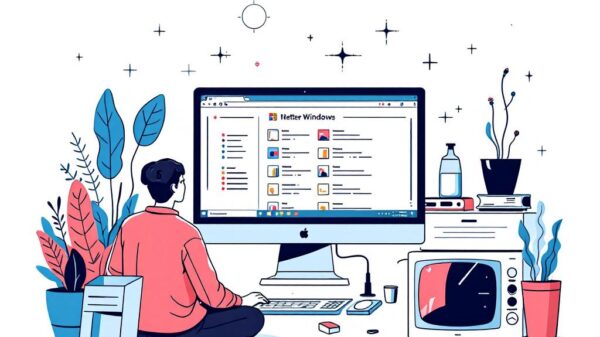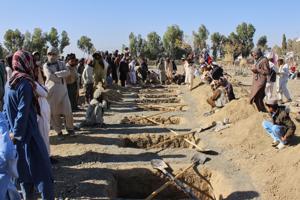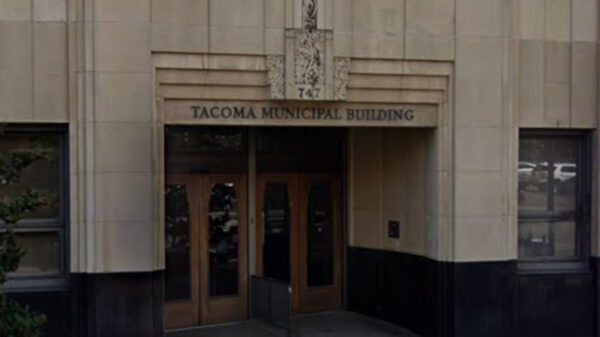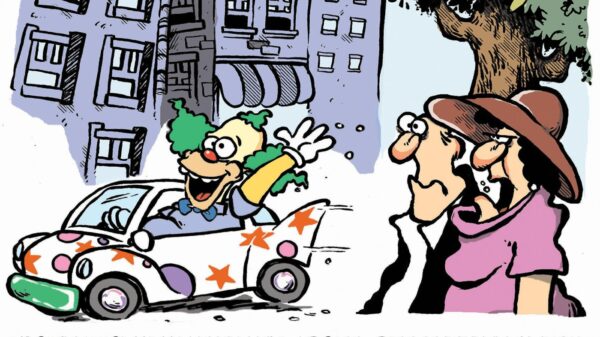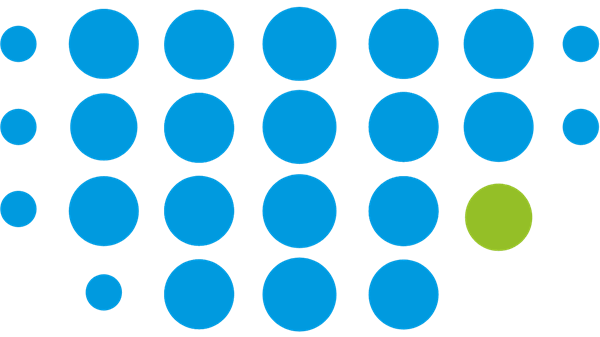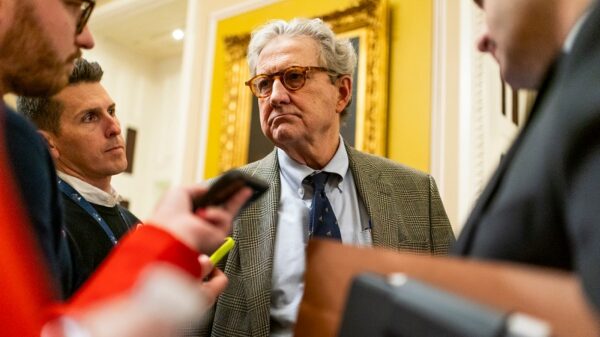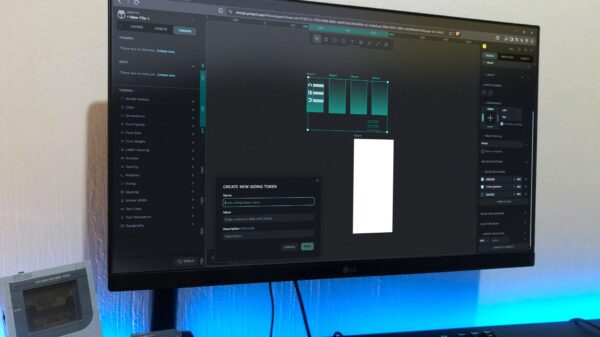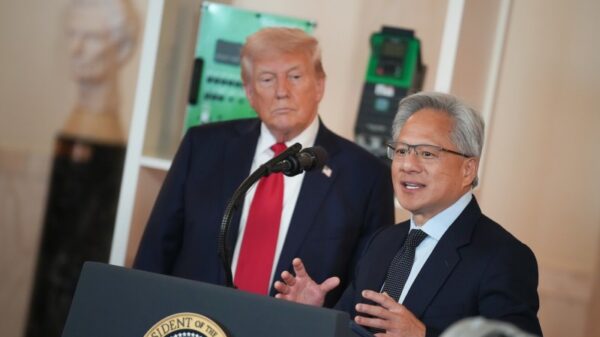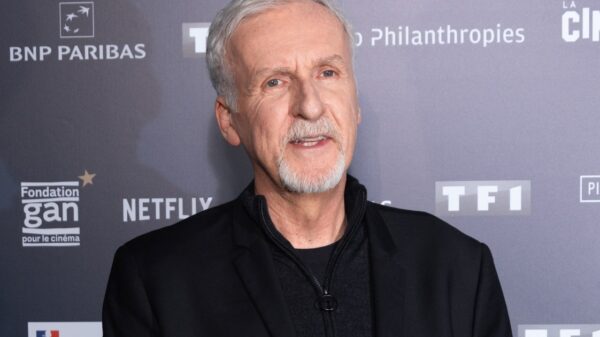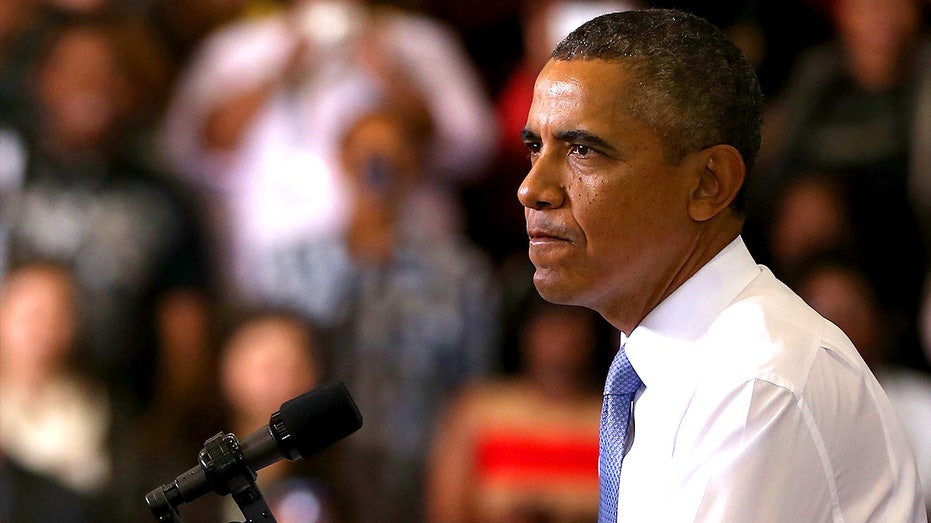UPDATE: Former President Barack Obama’s strong critique of government shutdowns from September 26, 2013, is echoing through today’s political landscape as Democrats face mounting pressure over the ongoing budget impasse. With the government shutdown now stretching into its second month, the stakes are higher than ever for millions of Americans, including potential disruptions to SNAP benefits.
The current deadlock has been labeled as a “total irresponsibility” by critics, mirroring Obama’s past condemnation of congressional tactics. As negotiations stall, Senate Democrats are standing firm, demanding extensions to healthcare subsidies due to expire in 2025, while Republicans accuse them of holding the nation hostage.
Travel disruptions are reported nationwide, and the clock is ticking for those who depend on government assistance. In a stark warning, Republican leaders have suggested that the U.S. is “barreling toward one of the longest shutdowns in history.” With the shutdown lasting longer than the 2013 crisis, the impact on everyday Americans is becoming increasingly severe.
“Think about this, shutting down the government just because you don’t like a law that was passed and found constitutional,” Obama stated in 2013. “No Congress before this one has ever, ever, in history, been irresponsible enough to threaten default.”
Senate Majority Leader Chuck Schumer has emphasized that Democrats will not support any Republican proposals that do not include their demands for healthcare subsidies. In a recent statement, he asserted, “It’s a partisan bill and does nothing to solve the Obamacare crisis.”
Despite numerous Republican-led attempts to reopen the government, Democrats have voted against all proposals, claiming they fail to address critical healthcare needs. Schumer’s remarks reflect a deepening divide, as he insists that the majority of Americans, including nearly 60% of MAGA voters, support lower healthcare costs.
In a recent social media post, Obama urged Republicans to “act now” to resolve the crisis, highlighting the urgent need to protect vulnerable populations at risk of losing essential benefits. The emotional weight of the shutdown is palpable, with millions of families facing uncertainty and potential hunger as negotiations drag on.
As the standoff continues, the political ramifications are significant. Strategists are already debating whether the ongoing shutdown will affect the political landscape in the upcoming 2026 elections. With both sides digging in, the future remains uncertain.
The situation is developing rapidly, and officials from both parties are under intense scrutiny as they navigate the complexities of a budget that affects millions. Stay tuned for further updates as this critical situation unfolds.



